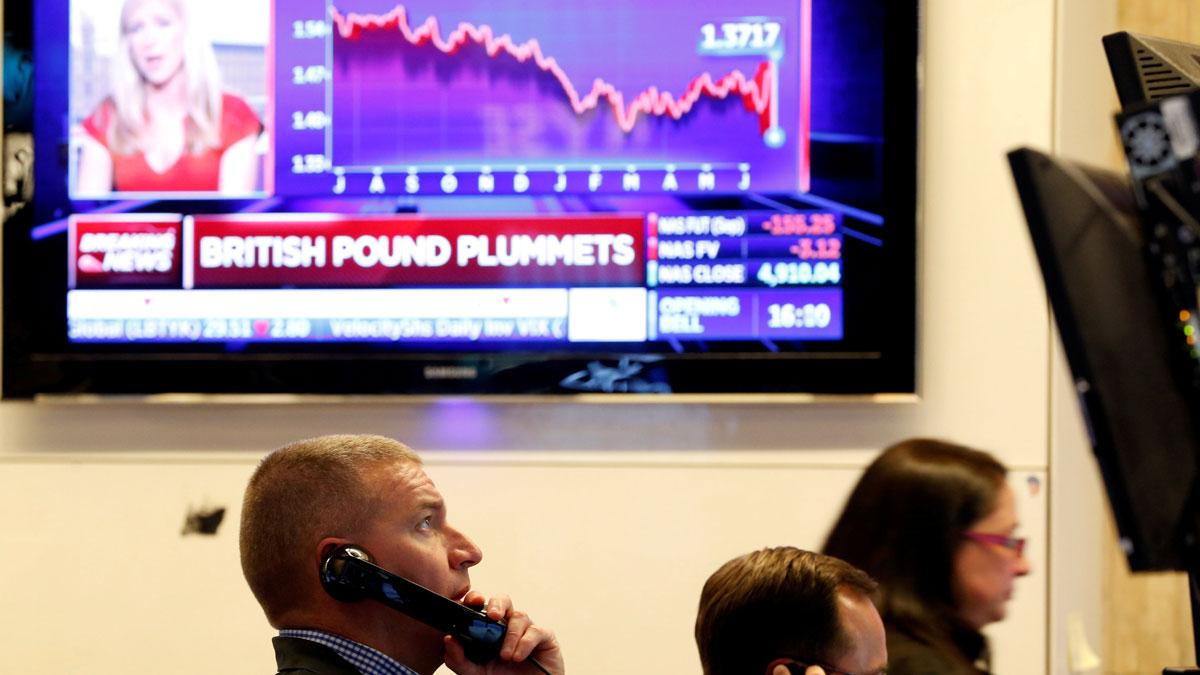Traders work on the floor of the New York Stock Exchange before the opening bell, June 24, 2016.
At a glance, here are several insights and effects from the UK's vote to leave the European Union.
Young voters didn't want to break away
If the vote had been only among those under 50, the United Kingdom would have chosen, by a comfortable margin, to remain in the EU. If it had been among voters 18-24, that would have been a landslide, according to a YouGov poll. As the polling group concluded: "Those who must live with result of the EU Referendum the longest want to remain." Others noted that those with a longer exposure to the EU wanted to leave.
Many people voted against their interests
Their regions are among the most economically dependent on Europe in the UK. Why did they vote with such margins to leave the EU?
After the vote, some asked: What did we just do?
Top Google searches after the vote in the UK found people with an astonishing lack of understanding about the European Union and how it is interconnected with the UK. Also trending: Searches on moving to Gibraltar and Canada, and the highest-ever search interest in the British pound (more on that later).
Pounded
Markets immediately tanked. By midday, the pound was at its lowest against the dollar since 1985, and the one day fall is the worst since 1971. Even the pathetic Zimbabwe dollar spiked against the pound. Poland's currency did even worse. Japan suspended trading for a while and the Dow was down about 500 points at noon.
Spreading the pain
Nearly all markets felt the impact.
A not-so-united kingdom
Scotland's leader announced that she wanted to have another independence referendum. Also the deputy prime minister of Northern Ireland and the head of Ireland's Sinn Fein party both expressed hope for Irish reunification talks.
Next: Is it Sweden? The Netherlands?
Here's a nation-by-nation look at all the Brexit wannabes. European Council President Donald Tusk has said Britain's exit could seriously threaten "Western political civilization."
Or maybe it's "Frexit."
And finally, the vote in LEGOS
Just because.
